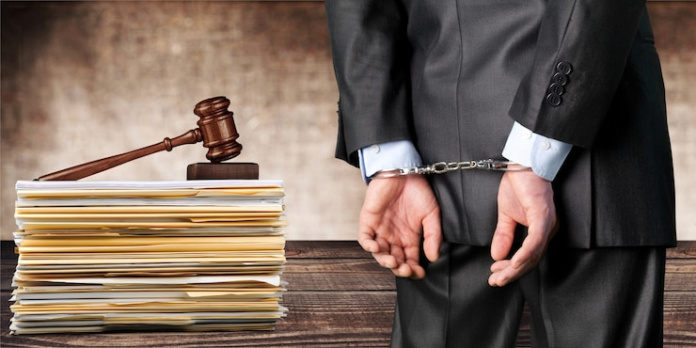When someone faces criminal charges, the law divides offenses into felonies or misdemeanors based on their seriousness. This classification influences the type of punishment, the legal process, and the long-term effects on the person involved.
Knowing the difference is vital for anyone dealing with the justice system.
In these situations, the help of experienced attorneys for criminal court proceedings can be crucial. These lawyers understand the distinctions between felonies and misdemeanors and can guide defendants through the legal system while working to achieve the best possible outcome.
What Is a Felony?
The most serious crimes are felonies. A felony is typically defined as an offense that carries a sentence of more than a year in jail, typically in a state or federal facility. This category includes offenses such as drug trafficking, armed robbery, sexual assault, and murder.
Felonies have harsh penalties, such as long jail terms and hefty fines, since they include serious injury or danger. In addition to the punishment, a felony conviction has long-term repercussions.
Many states restrict rights such as voting, owning firearms, or holding public office after a felony conviction. These restrictions can affect a person’s life for many years.
What Is a Misdemeanor?
Misdemeanors are less serious crimes, punishable by jail time of less than one year, often served in local or county jails. They may also result in fines, probation, or community service.
Examples include vandalism, simple assault, disorderly conduct, and some drug possession cases. Although misdemeanors are less severe, they still carry consequences.
A conviction can lead to fines, short jail terms, and a criminal record that might affect employment or housing options.
States may classify crimes differently. Certain behaviors could be considered felonies in one jurisdiction but misdemeanors in another. This is influenced by several factors, including the type of crime, the harm produced, the intent, and history.
How Classification Affects Legal Process and Life
Misdemeanor charges are settled more quickly and with less formality than felonies, which typically entail more intricate legal procedures, including grand jury indictments and drawn-out trials.
A criminal conviction has consequences outside of the courtroom. It frequently results in challenges in obtaining employment, housing, and certain rights. Even though minor convictions are serious, their long-term consequences are typically less severe.
Impact on Criminal Record and Future Opportunities
Whether a charge is a felony or misdemeanor, both create a permanent mark on a person’s criminal record. This can impact future job opportunities, educational prospects, housing applications, and even immigration status. Understanding how a conviction affects your record is key to making informed decisions during the legal process. Even a minor charge can follow someone for years, making it crucial to handle the legal process with care.
Bottom Line
Felonies and misdemeanors differ primarily in the seriousness of the offense and the cruelty of the punishment. Misdemeanors cover less serious crimes with less severe punishments, whereas felonies cover more significant offenses with harsher penalties and longer-lasting effects.
This classification influences a person’s destiny and shapes the legal system. Navigating these charges and defending one’s rights requires knowledgeable legal assistance.
